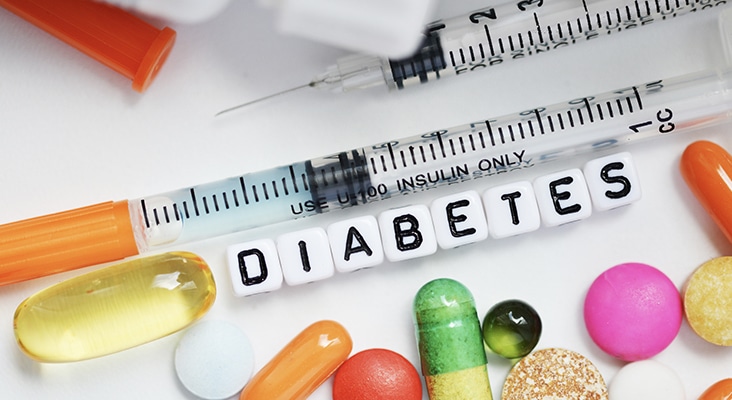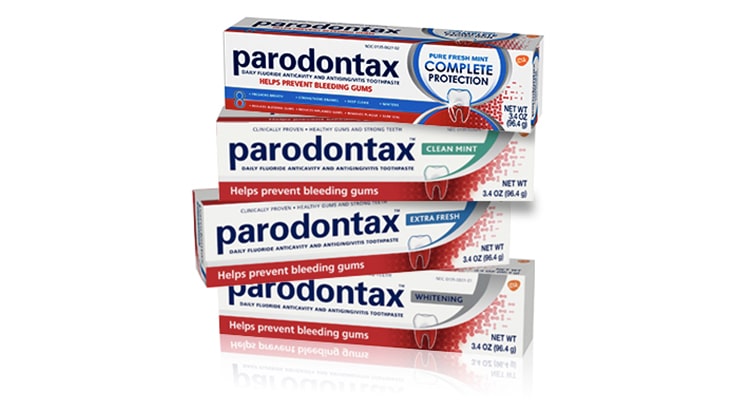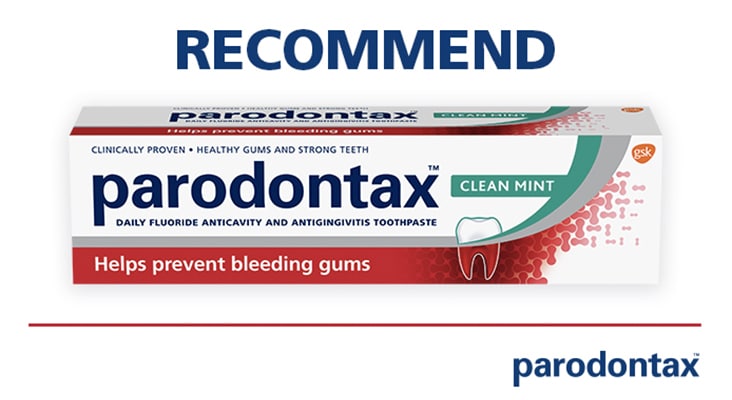Ensuring Implant Success in Patients With Diabetes
“Implant Care in Patients With Diabetes” by Bethany Palesh, RDH, MS; Suncica Travan, DDS, MS; and Danielle Furgeson, RDH, MS, DHSc

The American Academy of Implant Dentistry estimates that more than how many Americans have dental implants?
 george tsartsianidis / iStock / Getty Images Plus
george tsartsianidis / iStock / Getty Images Plus
Diabetes mellitus (DM)—both type 1 and type 2—is a chronic metabolic disease that impairs the body’s ability to produce or use insulin, resulting in increased levels of glucose in the blood.
 adrian825 / iStock / Getty Images Plus
adrian825 / iStock / Getty Images Plus
Recent systematic reviews suggest there are few benefits of dental implants replacing missing teeth for individuals with DM.
 milindri / iStock / Getty Images Plus
milindri / iStock / Getty Images Plus
Patients presenting with DM and HbA1c levels greater than which percentage are at an increased risk for delayed wound healing and insufficient osseointegration of the implant itself?
 Click_and_Photo / iStock / Getty Images Plus
Click_and_Photo / iStock / Getty Images Plus
The primary goal of recare appointments is to decrease the bacterial load around the implant and surrounding soft tissues, thereby preventing disease that can cause attachment and bone loss.

Oral health professionals are not responsible for recommending alternative at-home oral hygiene aids nor suggesting strategies to improve patient compliance.
 Aja Koska / E+
Aja Koska / E+
Antimicrobial toothpastes and mouthrinses, interproximal brushes, super floss, and water flossers may be helpful for implant patients with DM.

In order to decrease the progression of peri-implant diseases, patients must be educated on the importance of meticulous oral hygiene care, maintaining consistent periodontal maintenance appointments, and, in the case of patients with DM, controlling HbA1c levels through treatment compliance and healthy lifestyle behaviors.

Share your Results:

